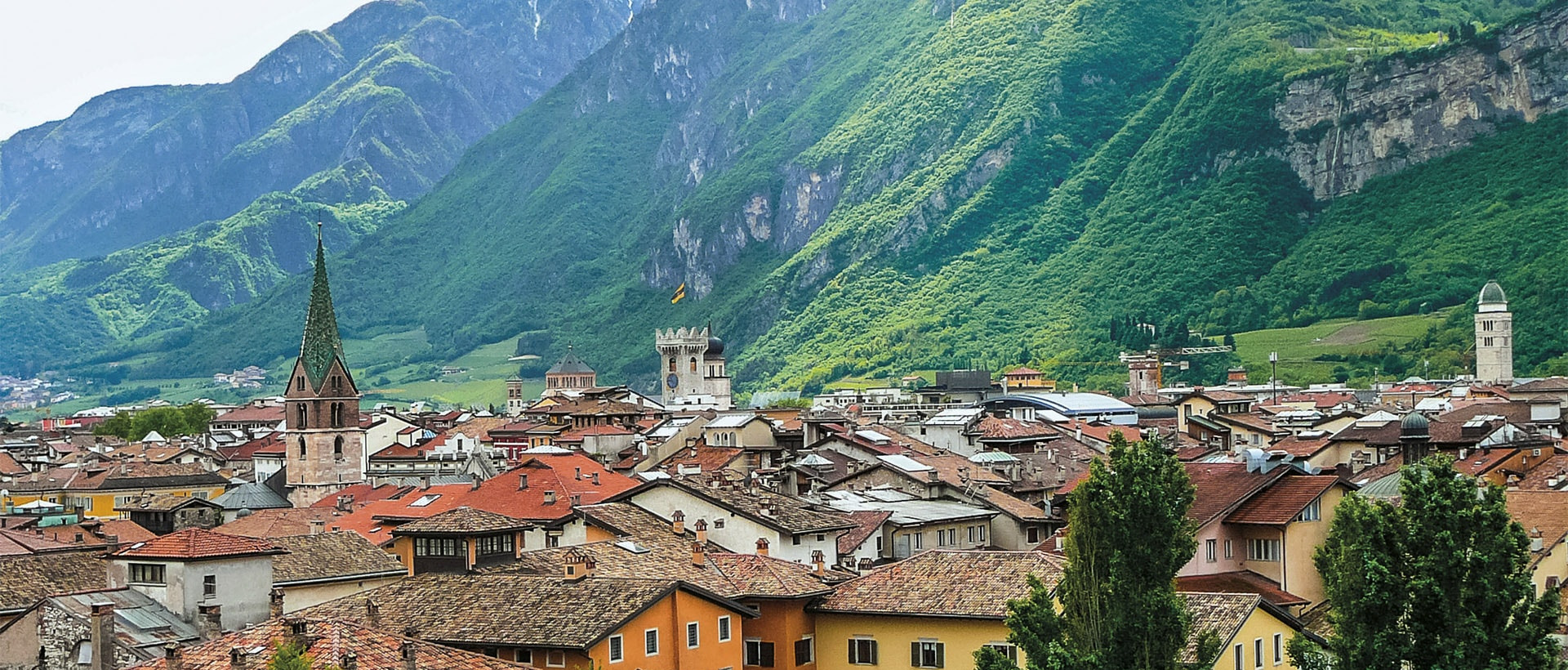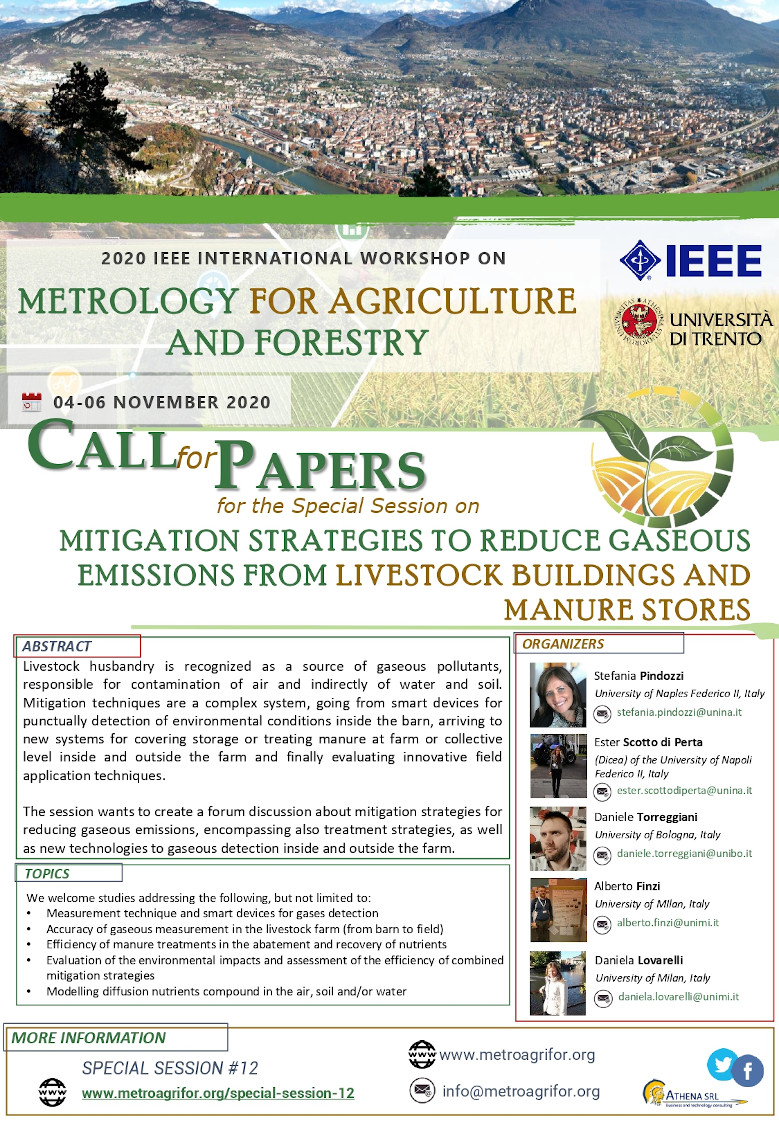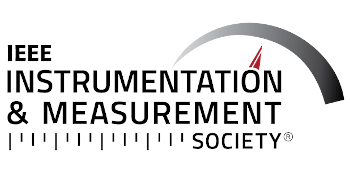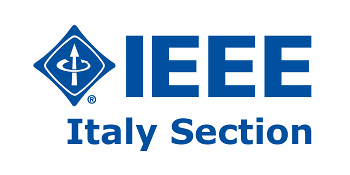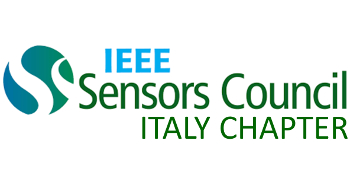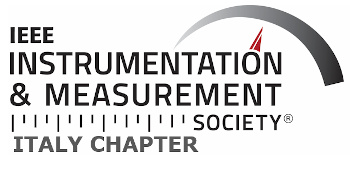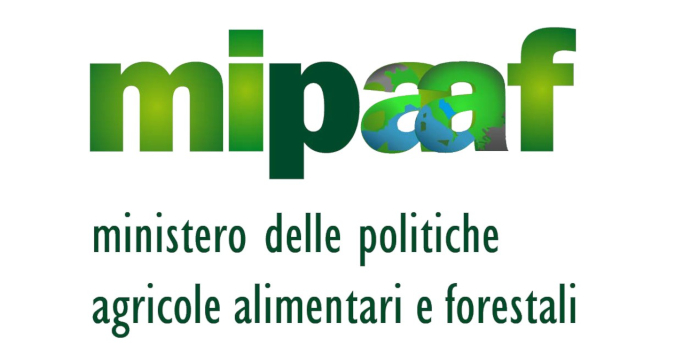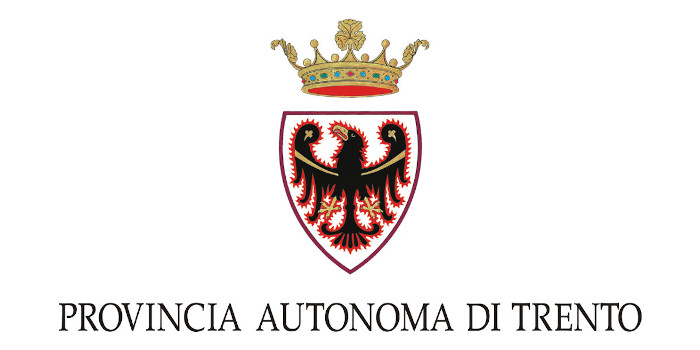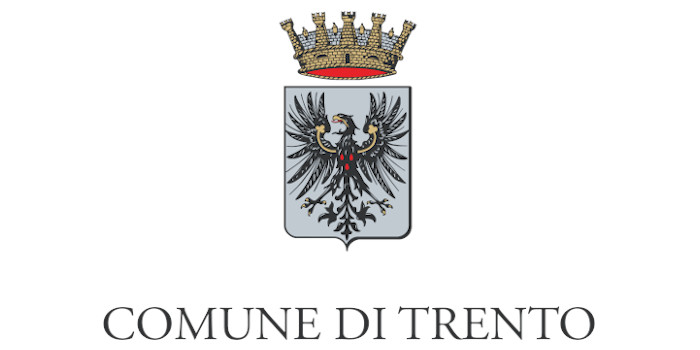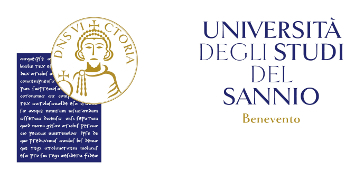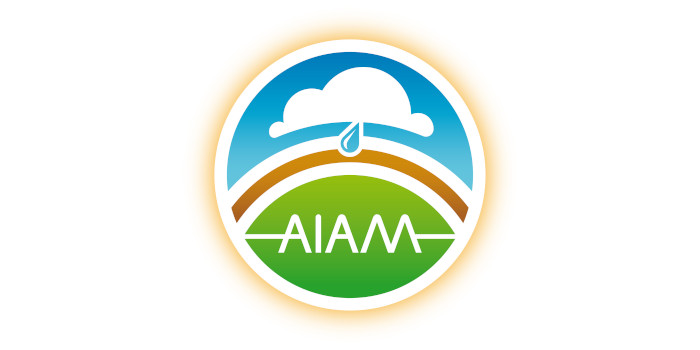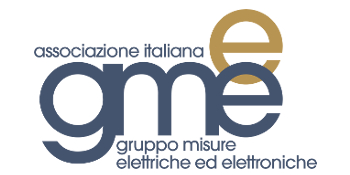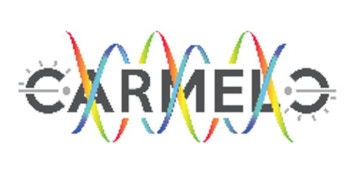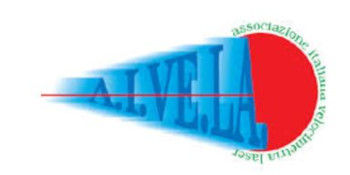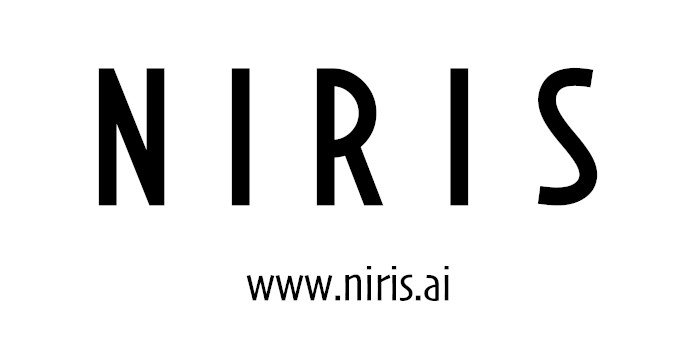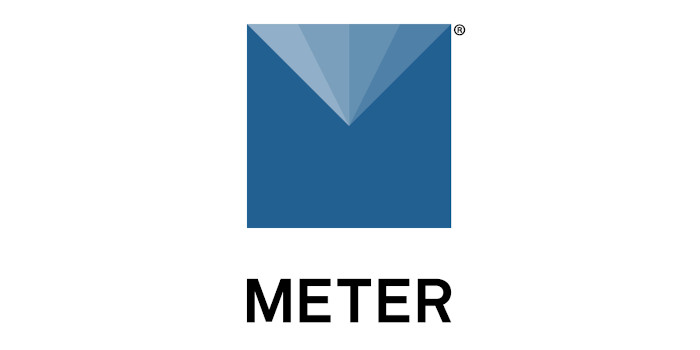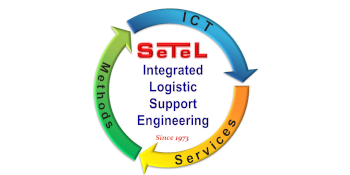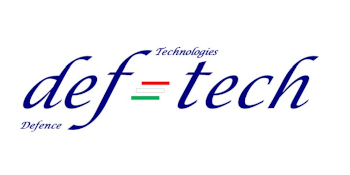Mitigation strategies to reduce gaseous emissions from Livestock Buildings and Manure Stores
ORGANIZED BY
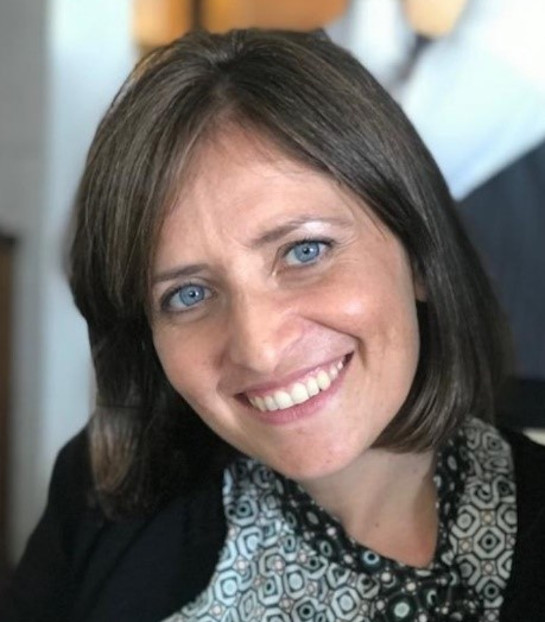
Stefania Pindozzi
Department of Agricultural sciences, University of Naples Federico II, Italy
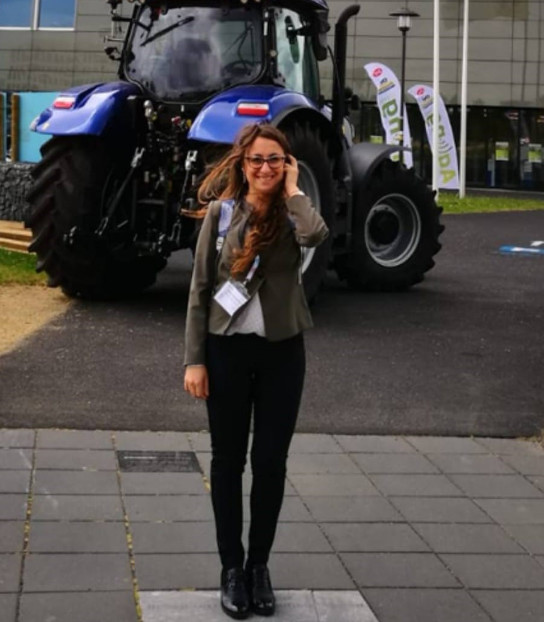
Ester Scotto di Perta
Department of Civil, Architectural and Environmental Engineering (Dicea) of the University of Napoli Federico II, Italy

Daniele Torreggiani
University of Bologna, Italy
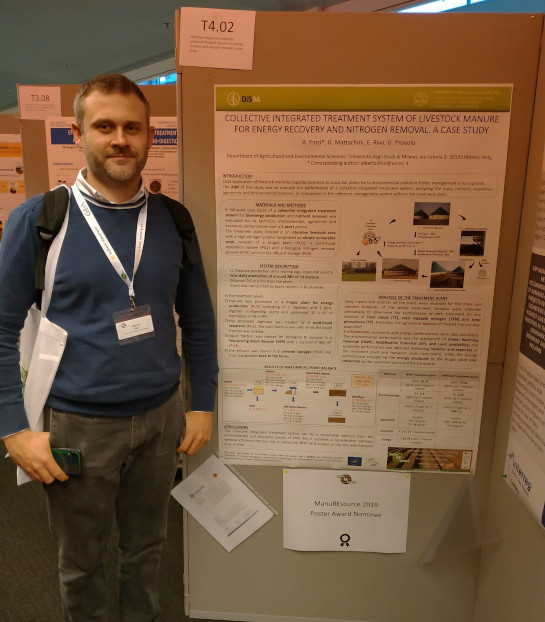
Alberto Finzi
University of Milan, Italy
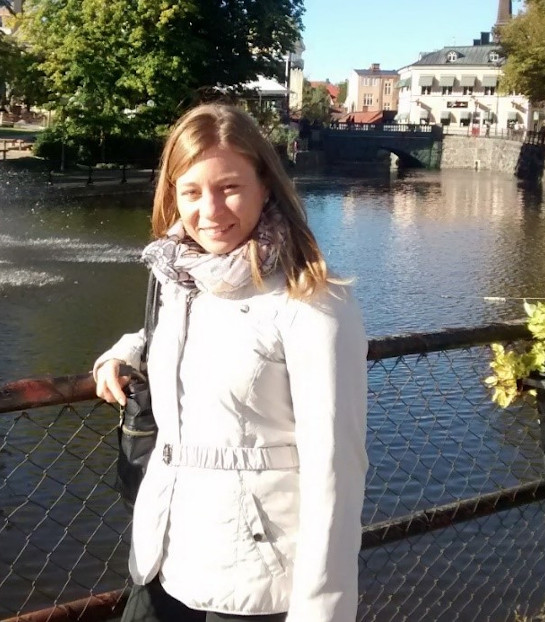
Daniela Lovarelli
University of Milan, Italy
ABSTRACT
Livestock husbandry is recognized as a source of gaseous pollutants, responsible for contamination of air and indirectly of water and soil. Mitigation techniques are a complex system, going from smart devices for punctually detection of environmental conditions inside the barn, arriving to new systems for covering storage or treating manure at farm or collective level inside and outside the farm and finally evaluating innovative field application techniques.
The session wants to create a forum discussion about mitigation strategies for reducing gaseous emissions, encompassing also treatment strategies, as well as new technologies to gaseous detection inside and outside the farm.
TOPICS
We welcome studies addressing the following, but not limited to:
- Measurement technique and smart devices for gases detection
- Accuracy of gaseous measurement in the livestock farm (from barn to field)
- Efficiency of manure treatments in the abatement and recovery of nutrients
- Evaluation of the environmental impacts and assessment of the efficiency of combined mitigation strategies
- Modelling diffusion nutrients compound in the air, soil and/or water
ABOUT THE ORGANIZERS
Stefania Pindozzi is Associate Professor of Rural Building and landscape planning at Department of Agricultural Sciences of University of Naples Federico II. She holds a PhD in Science and Technologies for Environmental and Forest Management at the University of Tuscia in Viterbo (Italy) and has completed graduate studies in Environmental Engineering, with honor, at University of Naples Federico II. Her main research activities deal with:
- Manure management optimal strategies aimed to reduction of environmental impact;
- Ammonia emission assessment after animal manure application to the soil, with special attention to implementation of innovative measurement techniques;
- Land use change models for scenario analysis to assess ex ante or ex post landscape management strategies;
- Implementation of spatial multi criteria decision analysis combined with ecological indicators to support landscape management;
- Energy crops spatial allocation and their potential environmental impact.
Research activities are carried out in open field or small scale experiments, as well as with the use of software (ESRI ArcMap, InVest etc.) according to the different research purpose.
Ester Scotto di Perta is Post-doc Research Grant in “ICAR/03 Sanitary and environmental engineering” at the Department of Civil, Architectural and Environmental Engineering (Dicea) of the University of Napoli Federico II. She held the PhD with honours in “Sciences of crops and animals production” at the University of Tuscia in Viterbo (Italy). Prior, she graduated in Environmental Engineering with honours at University of Naples "Federico II". Her main research interests concern:
- the manure management issue,
- the gas emissions assessment, especially NH3, from the spreading activities of livestock manure and storage tanks, with different measuring methods,
- the innovative techniques for treating livestock manure or organic waste, in particular different configuration of anaerobic digestion plants, such as two-stages and anaerobic moving bed biological reactors – AMBBRs).
Daniele Torreggiani, Environmental Engineer and Ph.D. in Agricultural Engineering, is associate professor at the Department of Agricultural and Food Sciences of the University of Bologna in the Agricultural and biosystems Engineering field - Rural Buildings and Agro-forest Land Planning.
Since 2015 he is the coordinator of the degree course in Ornamental plants and landscape protection, and from 2017 he is a member of the Executive Board of the European network of Universities UNISCAPE.
His main research activities deal with: planning and design of rural and peri-urban areas; resilience and sustainability of territorial systems and green systems; territorial survey and analysis, geomatics and geographic information systems (GIS); multi-temproal and multi-criteria analysis of rural territory and landscape and enhancement of landscape systems; analysis and design of agricultural and agro-industrial buildings for process optimization and minimization of environmental and landscape impact; smart farming and precision livestock farming systems; innovative LED lighting systems in protected crops; traditional rural building and landscape integration of the rural built system and infrastructure in rural areas.
He is the scientific responsible for the University of Bologna of the following international projects:
PRIMA Project (Partnership for Research and Innovation in the Mediterranean Area - Euro-Mediterranean cooperation joint programme) “Self-sufficient Integrated Multi-Trophic AquaPonic systems for improving food production sustainability and brackish water use and recycling (SIMTAP)” (2019-2022) - link to the project website Climate KIC pathfinder Project (Knowledge and Innovation Community - Europe’s leading climate innovation initiative) “AELCLIC: Adaptation of European Landscapes to Climate Change” (2019). https://aelclicpathfinder.com He is member of the research team of the University of Bologna within the PRIN 2017 research project “Smart dairy farming: innovative solutions to improve herd productivity” (ongoing).
He has taken part in many other research projects (including national research projects funded by the Italian Ministry of Research and University, such as the PRIN 2001 research project “Technological innovation of livestock farming”, the PRIN 2003 research project “Landscape changes between protection and innovation in rural and periurban systems in Italy”, and the PRIN 2005 research project “Rural landscape changes: driving forces and future scenarios”), and in many applied research activities, in collaboration with public and private bodies, in order to experiment and implement solutions aimed at enhancing the rural and peri-urban territory and the sustainability of the built system. He conducts research in collaboration with various national and international bodies and institutions.
He is Guest editor of the Special issue “Landscape Analysis, Planning and Regional Development" of the Journal "Sustainability".
He is member of the Scientific Committee of the PhD Program in Agricultural Engineering of the University of Bologna.
He teaches in undergraduate and graduate degree programs of the Department of Agri-Food Sciences of the University of Bologna: Agricultural Technologies, Ornamental Plants and Landscape Protection, Agricultural Sciences and Technologies, Planning and Management of Agro-Territorial, forest and landscape. He also holds courses in English in the PhD course in Agricultural, Environmental and Food Sciences and Technologies and in the PhD course in Health, Safety and Green Systems of the University of Bologna.
He presented articles and has been invited speaker and chairman in several national and international conferences. He is member of the organizing committee of several conferences. He is author of several publications on national and international journals and conferences proceedings, and published various papers on ISI WoS and Scopus Journals, and editor of books. He is referee for various international scientific journals.
He supervises several degree theses and student training activities and is supervisor and co- supervisor of various PhD students. He is member of the Italian Association of Agricultural Engineering/Associazione Italiana di Ingegneria Agraria (AIIA), Associazione Italiana per il Recupero Unitario delle Realtà Agricole e del Luoghi (RURALIA), European Society of Agricultural Engineers (EurAgEng), and International Commission of Agricultural Engineering (CIGR). He is part of the working group of the University of Bologna within the European Network of Universities for the implementation of the European Landscape Convention UNISCAPE and of the working group "Rural buildings and landscape" dell'European Society of Agricultural Engineers.
Alberto Finzi is a researcher at the Department of Agricultural and Environmental Sciences at the University of Milan. The research activity concerns the study of livestock manure management systems and the effects of housing structures on animal welfare, in particular dairy cattle. Within this general context, specific investigations focus on the evaluation of ammonia and GHG emissions from livestock activities; the application of indirect analysis systems to characterize manure composition; the assessment of technical and environmental performance of traditional and innovative treatments for the removal/recovery of nitrogen and phosphorous from manure.
Daniela Lovarelli is a Postdoctoral research fellow at the Department of Environmental Science and Policy at the University of Milan.
She graduated in Agricultural Sciences and holds a PhD in “Agriculture, Environment and Bioenergy“ with a thesis focused on the application of Life Cycle Assessment to agricultural field operations and exhaust gases emissions. Her research interests focus on the adoption of Precision Livestock Farming in dairy cattle livestock systems for the improvement of animal health and welfare, on air emissions from livestock activities and on the evaluation of the environmental sustainability through Life Cycle Assessment of livestock productions.
